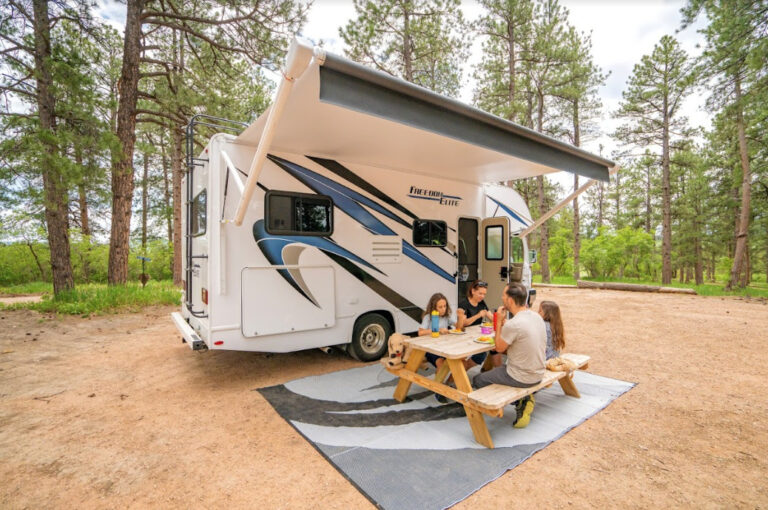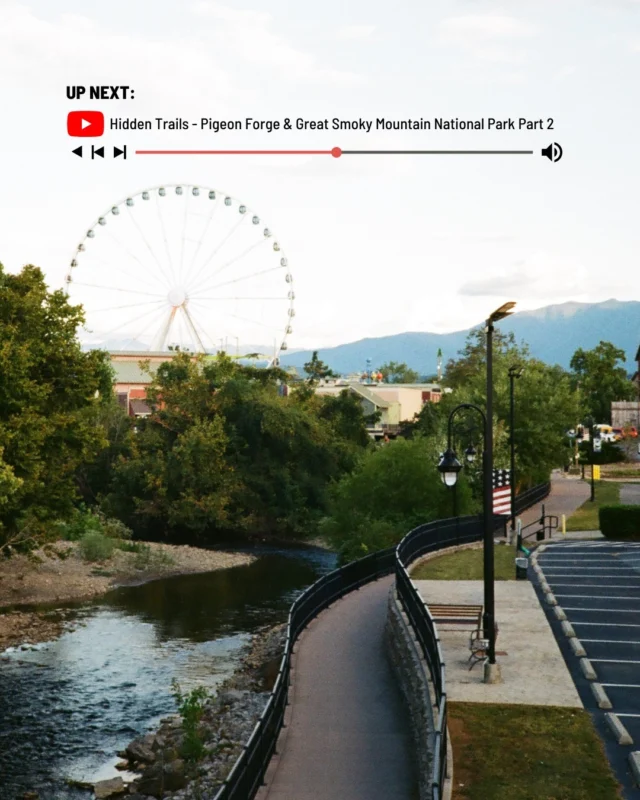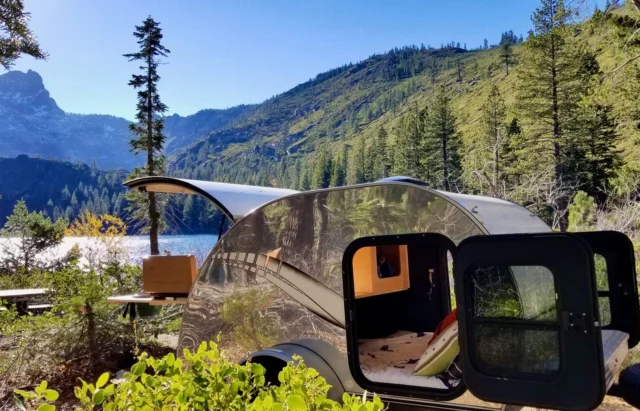
Upkeep on your RV is probably more expensive than you had envisioned. One of the biggest expenditures is tires. If you want to save a little money it only makes sense to look after these costly items.
There are ways to economize without affecting the quality of the tires. Here are some things to consider.
- Tire experts will tell you that you can prolong the life of a tire by up to 50% if it is treated properly.
- How far do you drive your RV annually? The more you run it, the better it is for the tires. Tires that sit—like fine china—can become brittle and cracked. It is better for tires to be used to keep the rubber supple and in good shape.
- For how long, and in what type of facility is your RV stored? Avoid storing for more than six consecutive months. Your tires will last longer that way.
- Tire rotation will also prolong the life of your RV tires. The tire experts at the Rubber Manufacturers Association recommend you have the tires rotated every 6,000 to 8,000 miles.
- What types of cleaning products do you use on your tires? Don’t wash tires excessively. Water has a drying effect on them. Also, avoid alcohol or petroleum-based tire cleaning products as they are hard on the rubber.
- Before you take long trips, and while you are on the trip, check the inflation level of your tires often. Properly inflates tires will last longer.

Proper Tire Inflation is Essential
Under-inflated tires run hotter, and excessive heat leads to tire failure or a blowout. Under-inflated tires also have a tendency to wear abnormally. The tread on the outside will wear down faster than the tread in the center.
Flat tires are no fun to change. What’s more, a flat can cause your vehicle to go out of control, hit the shoulder, and roll or hit an oncoming car.
Driving on under-inflated tires can be costly even if they don’t cause a flat or an accident. Statistics have shown that on average you get worse gas mileage on under-inflated tires because it takes more fuel to compensate for the rolling resistance of a tire that is lacking air.
Overinflation is caused by putting too much air in your RV’s tires. Drivers are often under the impression that highly inflated tires increase mileage because they know that under-inflated tires get poorer mileage.
The truth is that putting too much air in a tire is as dangerous as not putting in enough air. Over-inflated tires result in premature tread wear. The tire’s center tread wears faster. This in turn increases the tire temperature and can result in a blowout.
Tires need to be checked regularly to make sure they are maintaining the correct inflation. If you are traveling long distances, check tires when you stop for fuel and each morning before you head out. Don’t rely on gas station machines. They are often inaccurate. Carry a tire pressure tool.
The time it takes to check and correct tire inflation changes will more than pay off in safety and longer life of your tires!
Thanks for reading and don’t forget to comment and share!






